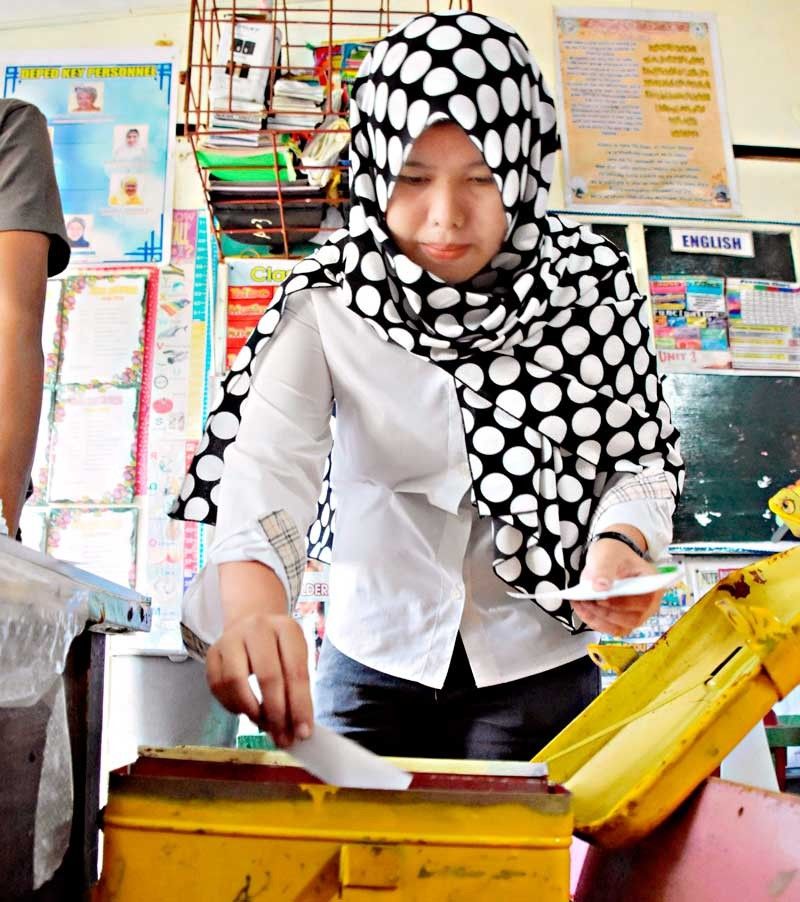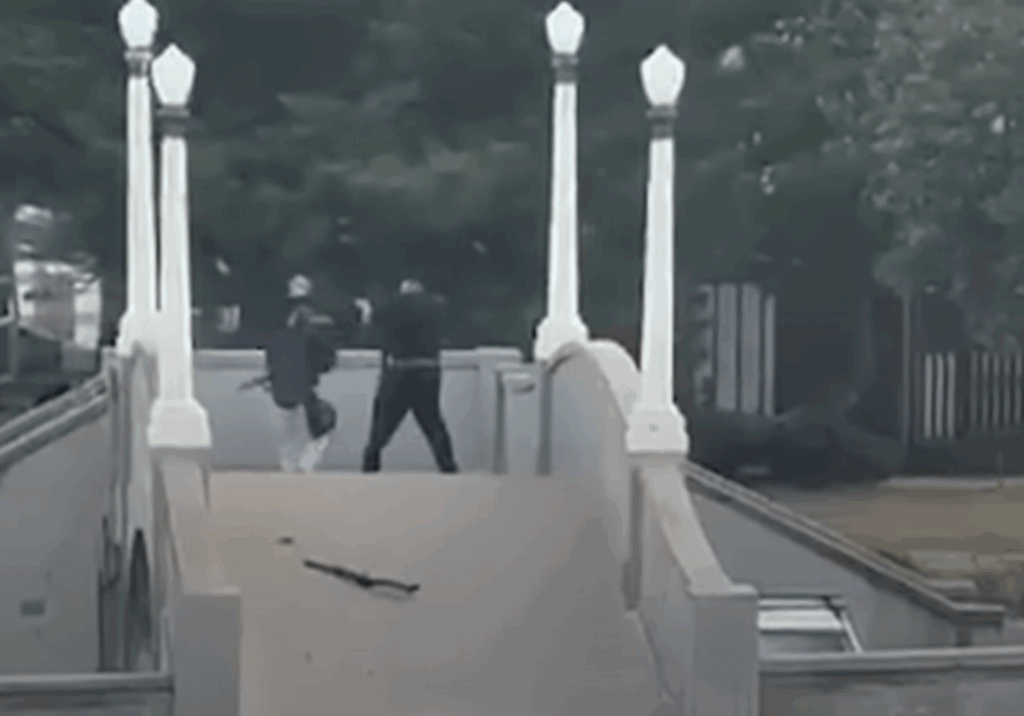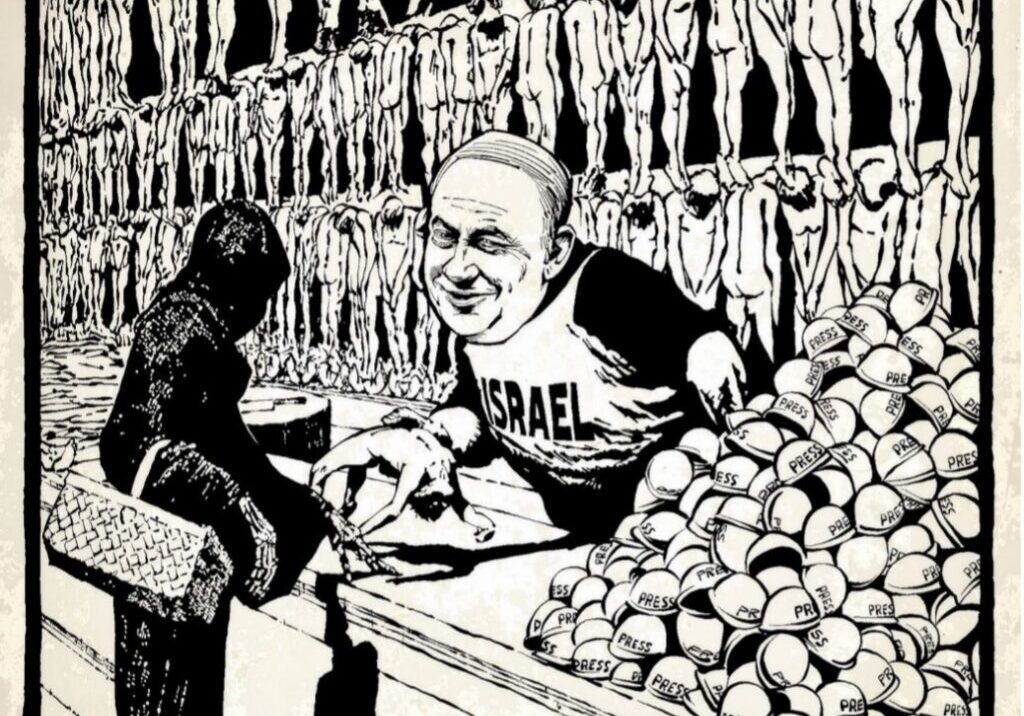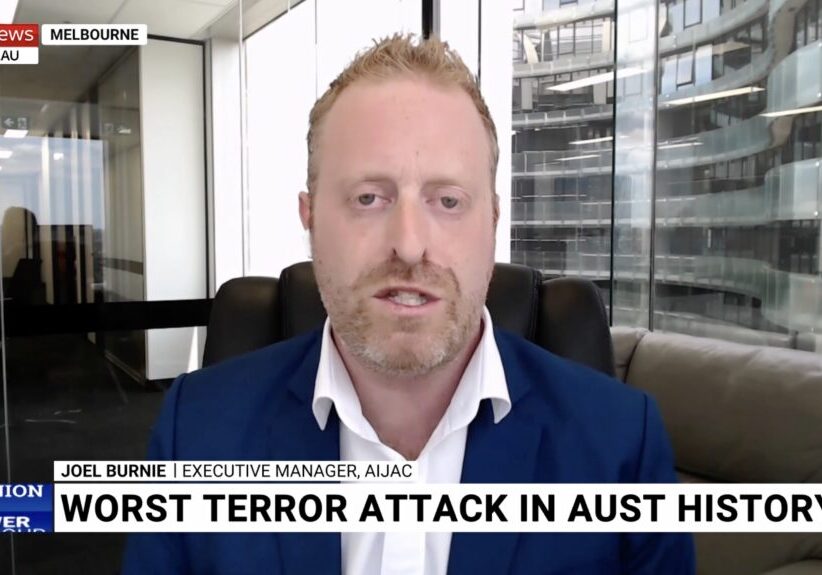Australia/Israel Review
Asia Watch: A vote for peace
Feb 1, 2019 | Michael Shannon

Although the result cannot be confirmed at time of writing, it appears that the predominantly Muslim provinces in the Philippines’ deep south have voted for a new deal on political autonomy and self-determination. Early unofficial tallies fall in-line with a recent survey of Muslims in Mindanao which indicated the “yes” campaign was ahead by nearly 10 percentage points.
The plebiscite on the Bangsamoro Organic Law (BOL) took place on Jan. 21 in the predominantly Muslim provinces of Basilan, Sulu, Tawi-Tawi, Maguindanao and Lanao del Sur. A further vote will be held on Feb. 6 in Lanao del Norte and six towns in Cotabato.
Election officials and the police declared the vote “successful” and generally peaceful in an area prone to violent disturbances. Untoward incidents included a bombing at the compound of a prominent anti-BOL advocate and instances of ballot snatching and vote buying in some isolated districts.
The BOL is the charter of the proposed Bangsamoro Autonomous Region in Muslim Mindanao (BARMM), replacing the Autonomous Region in Muslim Mindanao (ARMM), a failing entity created from the 1996 peace agreement. It aims to give the poverty-stricken south an expanded autonomous area, offering self-determination to the nation’s four million Muslims by empowering them to elect their own parliament.
The law will also give the people in the south control over many local government functions, including taxation and education, and it will allow Muslim Filipinos to incorporate Islamic law into their justice system.
The BOL had plenty of support from key institutions.
President Rodrigo Duterte, the first Philippines president to hail from Mindanao, pitched his support in a visit to Cotabato City just days before the vote, in opposition to local Mayor Cynthia Guiani-Sayadi, who campaigned against the proposed charter.
Catholic leaders in Mindanao – composed of bishops, educators and humanitarians – on Jan. 17 also urged residents of the island to ratify the law. “After many failed attempts, this may be the last concrete chance for a just and lasting peace in Mindanao,” a group called Mindanao Catholic Church Leaders for Peace said in a statement.
A significant portion of the area’s minority Christian population fear harassment and abuses under Islamic majority rule, but Catholic leaders say the BOL is not just another piece of legislation but a peace agreement that involves the future development of Mindanao.
The most crucial backing came from the Moro Islamic Liberation Front (MILF), the largest rebel group, which agreed in 2014 to surrender its weapons in exchange for self-rule and spent four years in fraught negotiations with the government to produce the draft law.
A string of violent incidents by revanchist elements over this period threatened to derail the negotiations, but MILF chair Al Haj Murad Ebrahim urged voters to ratify the Bangsamoro law “so that a government can be established that can really protect and promote the peace and security of the place and its peoples.”
The government allowed dozens of foreign observers from Japan, Canada, Australia, the United States and the European Union to monitor the plebiscite, while tens of thousands of policemen and soldiers were deployed to head off potential attacks by saboteurs, including trouble from Islamic State-linked militants.
Regardless of the poll result, militant groups retain the power to create havoc with their attacks and potentially destabilise local governance structures.
Just days before the poll, Philippine security forces raided a southern bomb factory, arresting five suspected Filipino Muslim militants and thwarting a potential wave of bomb attacks. Those arrested were connected to the Bangsamoro Islamic Freedom Fighters (BIFF), a rebel faction that broke away from the larger MILF several years ago after the latter group opted to pursue autonomy through a peace deal with Manila rather than continue fighting for an independent Islamic state in Mindanao.
The BIFF has also been blamed for a bomb explosion on New Year’s Eve which killed two people and wounded a dozen others outside a shopping mall in Cotabato City.
Also on the sidelines are the Islamic State-linked Ansar Al Khilafa Philippines, the Abu Sayyaf Group and remnants of the Maute Group that occupied the city of Marawi for nearly six months in 2017.
Then there is the Moro National Liberation Front (MNLF), the oldest rebel group and party to the 1996 agreement, which is a shadow of its former self and split over the BOL question.
None of those groups will disappear anytime soon, so whatever the result of the plebiscite, declarations of “peace” in the southern Philippines can only be viewed in relative terms.
****
Since this column was written, the successful plebiscite approving the proposed Bangsamoro Autonomous Region in Muslim Mindanao has been overshadowed by lethal explosions targeting a Catholic church on the southern island province of Sulu on January 27. The Islamic State of Iraq and Syria (ISIS) claimed responsibility for the attack, in which 18 were killed and 83 wounded.
Tags: Asia, Islamic Extremism, Philippines






